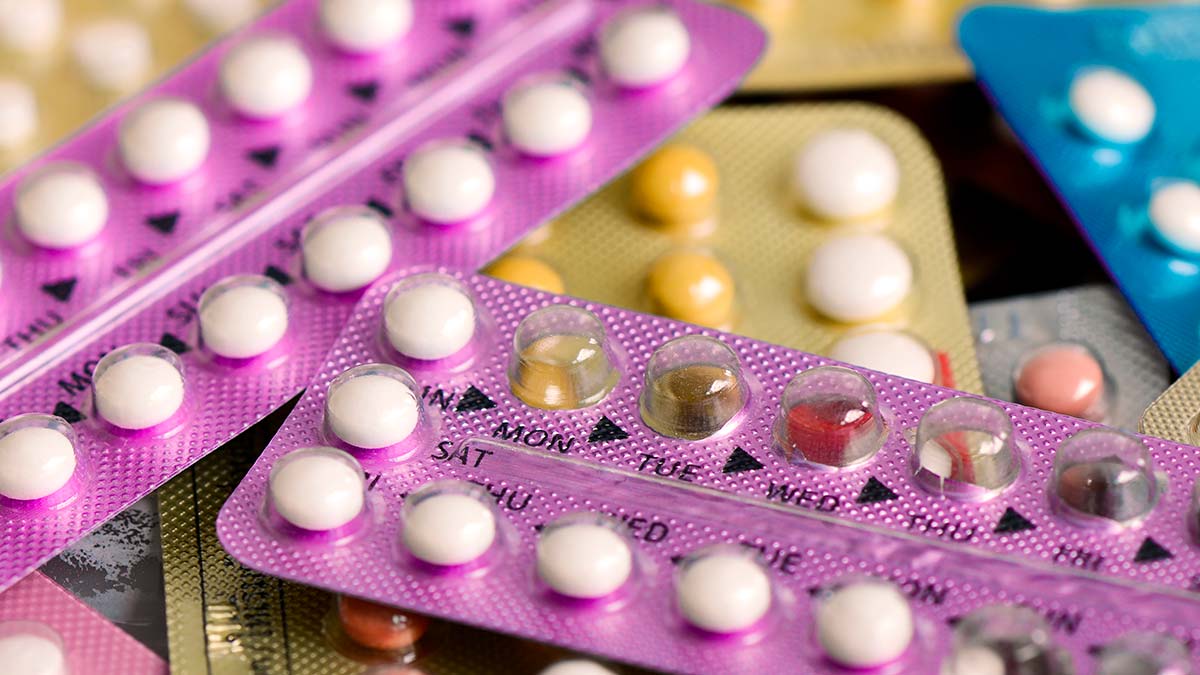The government has revealed that 150,000 women aged 17-26 have accessed the free contraception scheme introduced by the Health Minister Stephen Donnelly so far this year.
The scheme provides an end-to-end contraception service for all women and girls ordinarily resident in Ireland, covering the cost of consultations, prescriptions, and any fittings, removals and checks. Unveiled in September 2022 for women aged 17 to 25, it was expanded to include, women aged 26 in January this year. In September, it was further expanded to include women aged 27 to 30, and will be further expanded on 1 January 2024, to women aged 31.
Figures for the first eight months of this year show that demand for the service has been highest among those aged 18 to 21. This reflects the continuing need for a service that gives women the freedom to control their reproductive health without any financial barriers.
Minister Donnelly said: “We introduced the free contraception scheme in response to a clear demand from women for a service that prioritises quality healthcare while eliminating cost as an issue. We know that the most appropriate contraception isn’t always the cheapest, and this scheme ensures that women can choose the method of contraception that is most suited to their needs and circumstances, in consultation with their GP or other medical professional. This is particularly important in the context of the current cost of living crisis.
“I’m delighted to see such high uptake among eligible age groups, and I’m very pleased that we will soon be expanding the scheme further to include women aged 31. These figures provide clear evidence of the success of a service that is helping to reduce crisis pregnancy and termination of pregnancy rates, as part of a suite of sexual health services which are responding to expanding population needs.”
To date, about 2,400 GPs and 2,050 pharmacies have signed up to provide services and products under the scheme. It covers the cost of consultations with GPs, family planning, student health and primary care centres and prescriptions for the wide range of contraceptive options available on the Health Service Executive (HSE) Re-Imbursement List.
It also covers the cost of prescriptions, as well as fitting, checks and removal of long-acting reversible contraception devices. As well as allowing women to control their reproductive health, hormonal contraception is also used to treat adverse symptoms associated with periods such as pain and heavy bleeding.
It is important to remember that prescription contraception for women, while being very effective in preventing unplanned pregnancy, does not prevent transmission of STIs. To support the sexual health and contraception needs of men and their partners, free condoms are available through a separate programme, the National Condom Distribution Scheme, which has been in place since 2015.
The NCDS supplies free condoms to the national network of STI clinics, to NGOs and services working with high-risk groups, and on participating thirrd level campuses. It is now also supplying free condoms with orders from Ireland’s free home STI testing scheme, which was launched in late 2022. The free home STI testing scheme has been very successful; in recognition of increased demand, it received an additional allocation of €720,000 in Budget 2024.
Further information regarding sexual health services, contraception and how to access them is available through the HSE’s Sexual Wellbeing website. This information is regularly updated and provides full details of how to access the scheme.







